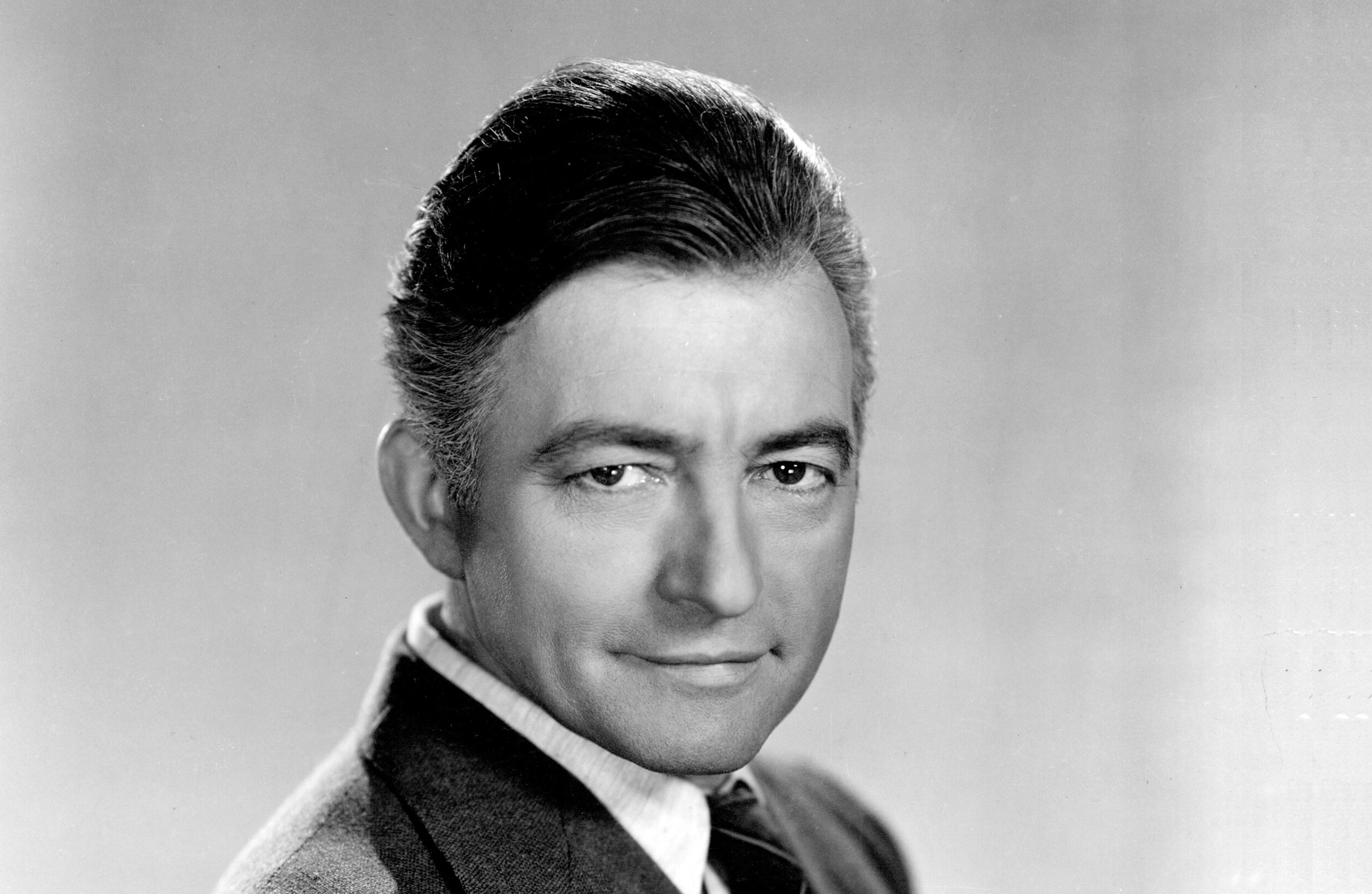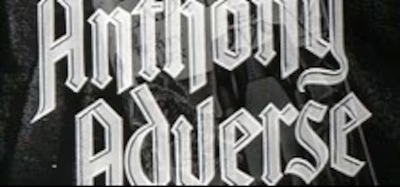Claude Rains

About
Biography
Filmography
Family & Companions
Biography
Having found limited success as a stage actor in his native England and New York, Claude Rains made a sensational film debut in "The Invisible Man" (1933) and launched a long Hollywood character as a character player whose charm and finely modulated voice graced some of the finest films of the 1930s and 1940s. After another starring turn in "The Mystery of Edwin Drood" (1935), Rains assiduously avoided being typecast in horror films by appearing in the musical "Hearts Divided" (1936), the costume drama "Anthony Adverse," and the romantic drama "Stolen Holiday" (1937), the last being the first of nine films he made with director Michael Curtiz. He went on to co-star in "The Adventures of Robin Hood" (1938) and "Mr. Smith Goes to Washington" (1939), before delivering his most iconic performance as the cheerful, but corrupt French police captain Renault in the mother of all classic movies, "Casablanca" (1942). From there, he appeared in a number of acclaimed films like "Now, Voyager" (1942), "Passage to Marseille" (1944), and "Mr. Skeffington" (1944), before delivering another iconic performance as the wanted leader of an underground Nazi movement in Alfred Hitchcock's "Notorious" (1946), which earned the actor his fourth Academy Award nomination. Though he appeared in movies of diminishing quality, he ended his career on a high note with major supporting parts in "Lawrence of Arabia" (1962) and "The Greatest Story Ever Told" (1965), underscoring for Rains a career as one of Hollywood's most popular character actors.
Born on Nov. 10, 1889 in London, England, Rains was raised by his father, Frederick, a stage and film actor, and his mother, Emily. Following in his father's footsteps, Rains took to the stage at 11 years old in a London production of "Nell of Old Drury" and was soon taken under the wing of Sir Herbert Beerbohm Tree, founder of the Royal Academy of Dramatic Art, who helped the young actor remove his thick Cockney accent by paying for elocution lessons. Rains later taught at RADA, where he counted John Gielgud and Laurence Olivier among his pupils. Meanwhile, he took a hiatus from acting to serve in the London Scottish Regiment of the British Army during World War I and was left nearly blinded in one eye for the rest of his life following a gas attack. After leaving the army with the rank of captain, Rains made his way to the United States, where he became one of the leading members of New York's Theatre Guild in the mid-1920s. On Broadway, he had a starring role in George Bernard Shaw's "The Apple Cart," as well as in stage adaptations of "The Constant Nymph" and "The Good Earth."
Coming to motion pictures late in his career, Rains made a sensational screen debut seemingly out of nowhere as "The Invisible Man" (1933), after winning the leading role courtesy of director James Whale, who was impressed with the power and distinction of his voice. After starring in Ben Hecht's "Crime Without Passion" (1934), Rains portrayed an opium-addicted choirmaster who falls in love with his nephew's niece and is driven to murder in the adaptation of Charles Dickens' unfinished novel, "The Mystery of Edwin Drood" (1935). In an early supporting turn, he played Napoleon Bonaparte opposite Marion Davies and Dick Powell in the musical drama "Hearts Divided" (1936), which he followed with a supporting part in Mervyn LeRoy's costume drama "Anthony Adverse" (1936), starring Fredric March and Olivia de Havilland. By this time, he was primarily making motion pictures for Warner Bros., though he was occasionally loaned out to other studios. He went on to make the romantic political drama, "Stolen Holiday" (1937), the first of nine films he made with director Michael Curtiz, whom Rains credited for teaching him how to act in front of a camera.
Teaming with Curtiz again, Rains played the evil Prince John, whose plans to take over the thrown from King Richard the Lionhearted (Ian Hunter) are famously thwarted by Errol Flynn in "The Adventures of Robin Hood" (1938). The following year, he earned his first Academy Award nomination as Best Supporting Actor for his performance as the corrupt, but conflicted U.S. Senator Joseph Harrison Paine in Frank Capra's "Mr. Smith Goes to Washington" (1939), starring James Stewart and Jean Arthur. Rains continued to collaborate with Curtiz on a number of occasions, co-starring in "Sons of Liberty" (1939), "Four Wives" (1939) and the Errol Flynn swashbuckler "The Sea Hawk" (1940), while tackling the role of an angel who gives a boxer (Robert Montgomery) a new lease on life after death in the popular comedy, "Here Comes Mr. Jordan" (1941). After co-starring opposite Lon Chaney, Jr. in "The Wolf Man" (1941), Rains delivered his most memorable performance as the good-natured, but decidedly corrupt Vichy police captain Louis Renault in Curtiz's "Casablanca" (1942). Though a thorn in the side of cynical American expatriate Rick Blaine (Humphrey Bogart), whose ex-lover (Ingrid Bergman) throws his world into chaos after showing up in his Casablanca saloon, Rains's Renault was a major highlight of an exquisite film and spouted off some of the best lines, including his famed declaration at the end to "Round up the usual suspects" in order to aid Rick's escape from the Nazis. Rains once again earned an Oscar nomination for Best Supporting Actor for this role which provided him cinematic immortality even generations after.
Rains followed up with the first of several notable turns opposite Bette Davis in "Now, Voyager" (1942), where he played a prescient psychiatrist who helps a repressed woman (Davis) make radical changes in her life. In "The Phantom of the Opera" (1943), he played the titular disfigured phantom before reuniting with "Casablanca" castmates Humphrey Bogart, Sydney Greenstreet and Peter Lorre for Curtiz's romantic war drama "Passage to Marseille" (1944). Rains next starred opposite Davis as the titular "Mr. Skeffington" (1944), earning another Oscar nomination for his portrayal of a financier who marries a woman (Davis) protecting her brother from stealing his money to pay for gambling debts. He next played Julius Caesar to Vivien Leigh's Cleopatra in the box office bomb "Caesar and Cleopatra" (1945), before landing another of his most famous roles as the leader of a Nazi group hiding out in Brazil after World War II in Alfred Hitchcock's "Notorious" (1946). One of Hitchcock's best films prior to his peak years of the 1950s, "Notorious" starred Cary Grant as an American agent who gains access to Rains' underground Nazi group by using the daughter (Ingrid Bergman) of a Nazi spy to wed Rains. Despite being the film's bad guy, Rains made his character sympathetic and earned the final Academy Award nomination of his career.
After starring opposite Bette Davis in the commercially unsuccessful "Deception" (1946), Rains made his last film with Michael Curtiz, "The Unsuspected" (1947), where he played a popular radio host whose tales of murder are eerily intimate and detailed. He went on to star in a number of films like David Lean's "The Passionate Friends" (1949), "Rope of Sand" (1949) starring Burt Lancaster, and "Where Danger Lives" (1950) with Robert Mitchum, but nothing came close to matching the majesty on display in "Casablanca" or "Notorious." In fact, while he remained a popular character actor, Rains' career slowed down in the 1950s with only a handful of films like "Sealed Cargo" (1951), "The Man Who Watched Trains Go By" (1953) and "Lisbon" (1956). On television, he played the mayor in a popular TV movie version of "The Pied Piper of Hamelin" (NBC, 1957), before returning to features to co-star opposite Rock Hudson in "The Earth Is Mine" (1959). Following turns in a pair of low-quality sci-fi adventures, "The Lost World" (1960) and "Battle of the Worlds" (1961), Rains returned to high-quality filmmaking with a major supporting role as diplomat Mr. Dryden in "Lawrence of Arabia" (1962). Following a turn in the courtroom drama "Twilight of Honor" (1963), Rains delivered his final onscreen appearance with a co-starring performance as Herod the Great in "The Greatest Story Ever Told" (1965). Two years later, on May 30, 1967, Rains died from an abdominal hemorrhage at 77 years old. He was unmarried at the time, but had previously married six women throughout his life: actress Isabel Jeans (1913-15), Marie Hemingway (1920), Beatrix Thomson (1924-1935), Frances Proper (1935-1956), classical pianist Agi Jambor (1959-1960) and Rosemary Clark (1960-64).
By Shawn Dwyer
Filmography
Cast (Feature Film)
Cast (Special)
Misc. Crew (Short)
Life Events
1900
Entered the London stage at age 11
1913
First trip to US
1926
Became leading player of the Theater Guild
1934
Feature film debut, title role in "The Invisible Man"
1939
First of four Oscar nominations, "Mr Smith Goes to Washington"
1965
Last feature to perform in, "The Greatest Story Ever Told"
Photo Collections
Videos
Movie Clip












Trailer












Promo


Family
Companions












